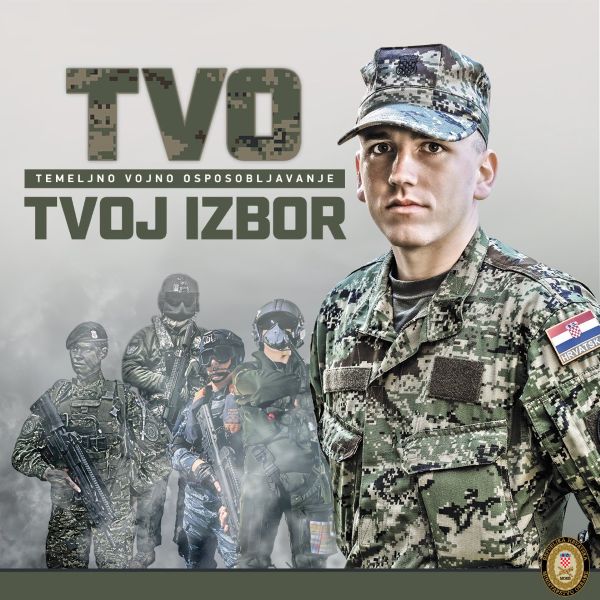On Friday, the Croatian parliament voted to reintroduce compulsory military service in the EU and NATO member country. This decision is made against the backdrop of heightened tensions in Europe stemming from Russian aggression against Ukraine, as well as a notable military buildup and arms race in the Balkans, a region that endured a significant conflict in the 1990s.
The legislative changes received overwhelming support, passing with a vote of 84 in favour, 11 against, and 30 abstentions in the 151-member parliament. The compulsory service will last two months and involve basic military training, according to the public broadcaster HRT. This policy marks a return to conscription, suspended in 2008 when Croatia transitioned to a volunteer military system.
Croatia’s Ministry of Defence explained in a press release that “in line with European trends and changed security circumstances, increasingly frequent natural disasters and crisis situations, Croatia is reintroducing basic military training”.
According to the Ministry, it has been 17 years since the abolition of compulsory military service, and in that period, 17 generations, or approximately 300,000 people, have not received any military training.
The primary objective of this initiative is to equip young individuals with essential skills and knowledge vital in crises, thereby enhancing national security.
“The basic military training programme is designed according to the latest standards and supported by cutting-edge technology, in line with the challenges and requirements of today’s times,” indicates a press release issued by the Ministry.
By the end of the year, authorities will begin conducting medical examinations for conscripts born in 2007. Conscripts will receive a salary for their service, while conscientious objectors will have alternative civilian service options.
In recent years, Croatia has taken steps to strengthen its armed forces, influenced by concerns among European nations regarding the potential escalation of the conflict in Ukraine or threats from Russia.
Additionally, the country held a significant military parade in July to commemorate a key victory from the 1991-1995 war, which followed its independence from the former Yugoslavia. Notably, relations with the former wartime adversary, Serbia, remain tense.
(This article used information from The Associated Press)

